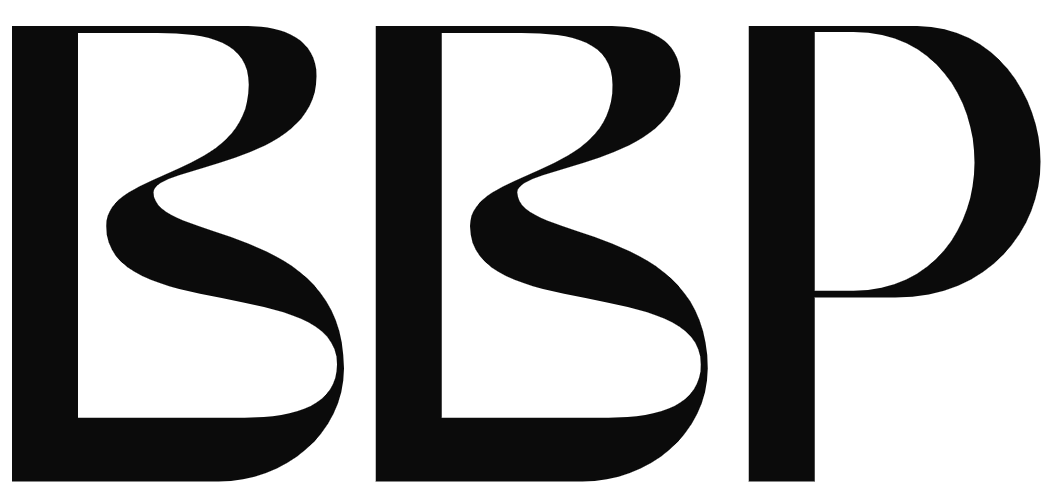Title: Can AI Write a Book? The Intersection of Artificial Intelligence and Creativity
Introduction
In a world where technology continues to push the boundaries of human achievement, the question arises: Can AI write a book? The notion of artificial intelligence taking up the pen (or keyboard) to craft a novel or non-fiction work has sparked curiosity and debate among writers, readers, and tech enthusiasts alike. In this blog post, we'll explore the intersection of AI and creativity, examining whether AI has the potential to become the next great author.
**AI and Creativity: A Complex Relationship**
Artificial intelligence has made significant strides in various fields, from healthcare to finance, and it's no stranger to the realm of content creation. AI-powered algorithms can generate text, poetry, music, and even art. However, when it comes to writing a book, the debate intensifies.
**AI's Current Capabilities**
AI writing tools, such as the one you're reading this post from, are proficient at generating human-like text and can even create coherent, informative, and engaging content on a wide range of topics. These tools use vast datasets to learn language patterns and generate text that mimics human writing styles.
**The Challenges of Creativity**
Writing a book, whether fiction or non-fiction, often involves a level of creativity and storytelling that goes beyond stringing sentences together. It involves plot development, character creation, emotional depth, and a unique voice. While AI can generate text that sounds human, it struggles with the deeper aspects of creativity and originality.
**AI's Role as a Tool**
AI writing tools are best thought of as sophisticated writing assistants. They can aid authors with research, content generation, and even editing. They can help streamline the writing process by suggesting ideas, correcting grammar, and providing inspiration. However, they aren't (at least for now) the sole creators of books.
**Collaboration between Humans and AI**
One exciting potential of AI is its role in collaboration with human authors. Many writers and content creators use AI to assist in generating initial drafts or brainstorming ideas. This collaborative approach can enhance productivity and creativity, combining human ingenuity with AI's data-driven capabilities.
**Ethical and Creative Considerations**
The rise of AI in creative fields raises important ethical questions. Who owns the content generated by AI? Is AI capable of copyrighting its work? These questions remain complex and are yet to be fully answered.
**Conclusion: The Human Touch in Writing**
So, can AI write a book? The answer is nuanced. AI can generate text that is impressively close to human writing, but it falls short in areas that require a deep sense of creativity, emotion, and unique human experiences. Writing remains a deeply human endeavor, rooted in the imagination and the capacity to tell stories that resonate with readers. While AI can be a valuable tool for writers, it's the human touch that brings books to life, and it's the human heart that connects with readers on a profound level. The future may hold further developments in AI's creative capabilities, but for now, authors and their innate creativity remain the driving force behind the world's most beloved books.
Publishing Blog
PRODUCTION
PUBLISHING
PROMOTION
PROFIT
